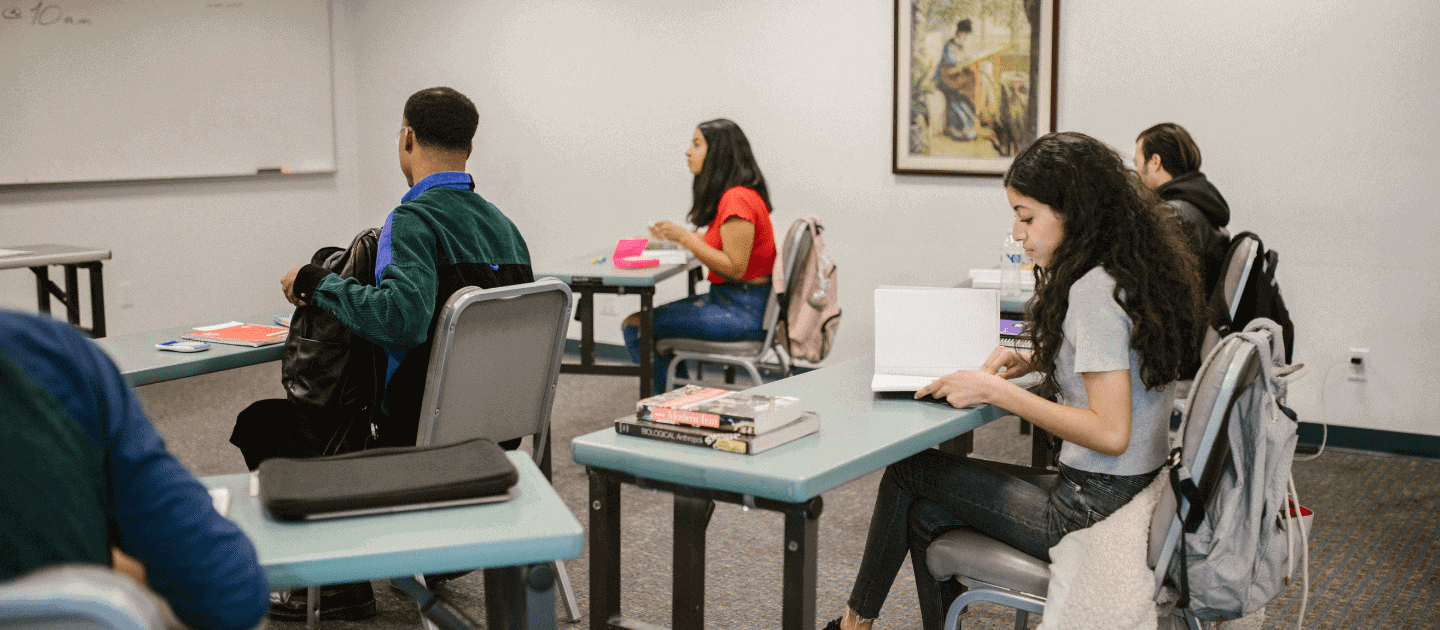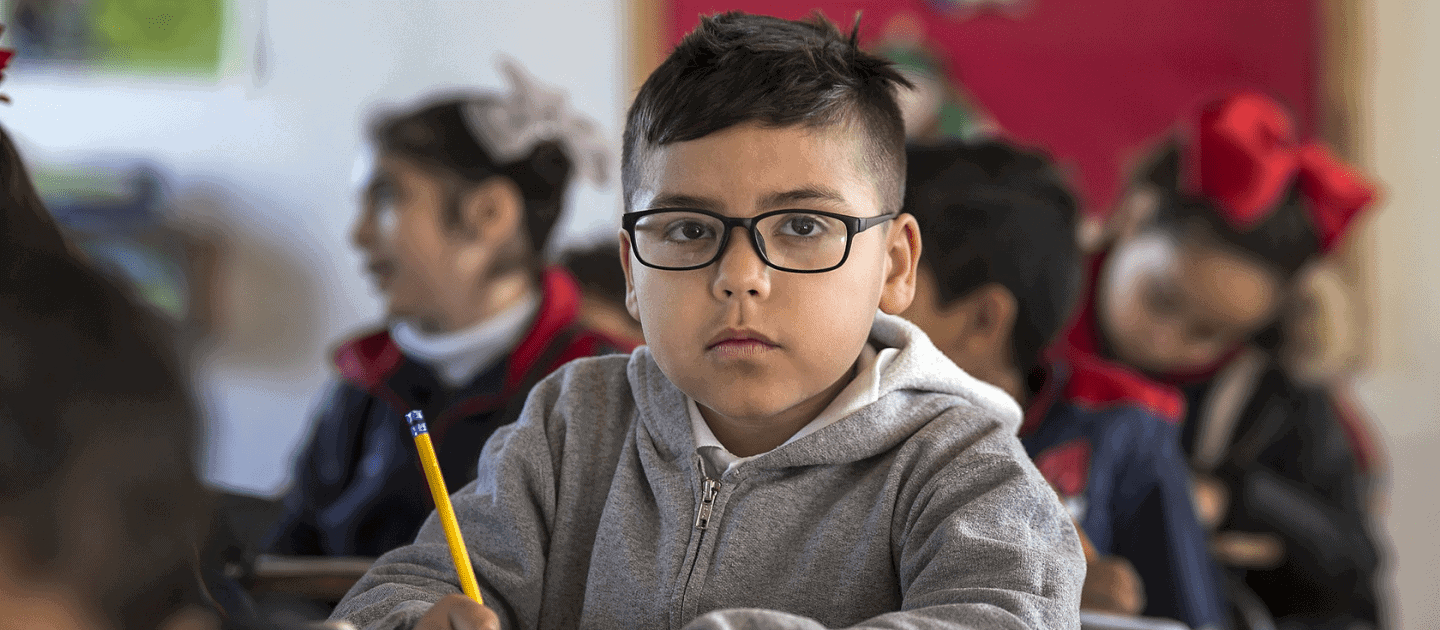We All Benefit When Caregivers Are Empowered

Culturally responsive parent advocacy programs, like FIRME, are necessary elements of any special education program. If parents aren’t informed, empowered, and prepared to advocate for their child’s rights, then the entire system suffers. School personnel lose a powerful partner and children miss out on the inclusion of the people who know their strengths and needs best.
Data Review: Do Special Education Services Improve Academic Outcomes Overall?

Despite decades of growth in the identification of special educational needs and provision of services, academic performance in students with learning disabilities remains lower than their neurotypical peers.
Is Special Education Reform Working? A Case Study from New York City

The inclusion of students with disabilities (SWDs) within general education classrooms and the improvement of academic performance continues to be a challenge faced by many school districts across the United States.
How can we use ethics of care to understand the transition to adult services for adults with severe intellectual disabilities?

For people with severe intellectual disabilities, transitioning to adult services marks a significant point in their lives. It is during these times and beyond that their involvement in big decisions, such as planning transitions, and the relationships between these people and family members have never been more important.
Ci3T: Behavior is a Primary Concern of Teachers

When implementing a tiered model of prevention, such as the comprehensive, integrated, three-tiered model, it is important to attend systematically to the elements that can positively impact the success of the model.
How did special education teachers adapt their practices for students with autism during the COVID-19 pandemic?

As students return to a more normal school routine, IEP teams will have to reassess students’ Present Level of Performance (PLOP) and likely conduct reassessment and revision of IEPs.
Can the working conditions of teachers impact student learning?

Special educators who experience more supportive working conditions reported more manageable workloads, less emotional exhaustion and stress, and felt greater self-efficacy for instruction—contributing to more frequent use of evidence-supported instructional practices to address student needs.
Representation, Community, and Disability Identity: A Call to Action

Mueller illuminates key gaps in the present educational system that inhibits disability identity development.
What Happens After Graduation: Improving the transition to adulthood for young people with autism and additional learning needs

It is imperative that transitions and plans for learners who are diagnosed with autism and needing additional services are put in place in order for them to experience success and independence in their adult years.
Veracity in Special Education

Bringing clarity to how we ascertain veracity can support our ability to identify high-quality interventions.
